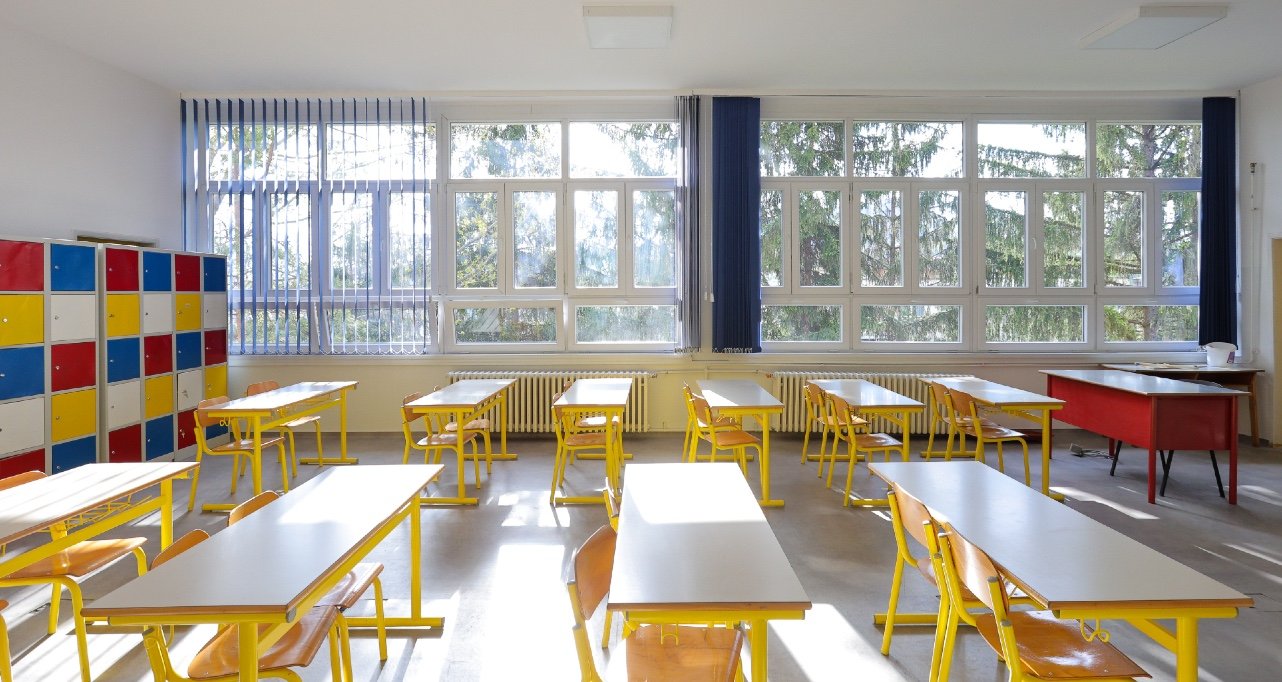The European Bank for Reconstruction and Development (EBRD) and the European Union (EU) are investing a total of €10 million to improve energy efficiency in Tuzla Canton, Bosnia and Herzegovina. This financial package includes an €8 million loan from the EBRD and a €2 million grant from the EU, which will fund the refurbishment and energy-saving upgrades of up to 173 public buildings in the region.
The project targets various public facilities such as schools, health centers, administrative offices, and sports halls. Planned renovations will focus on critical energy efficiency measures, including:
– Thermal insulation of walls, roofs, and ceilings – Replacement of old windows – Upgrading heating systems to more sustainable sources – Installation of modern lighting systems
These improvements are expected to lower the energy and maintenance costs associated with these buildings, yielding substantial energy savings. The project also aims to reduce reliance on fossil fuels, particularly coal, by incorporating cleaner energy alternatives, such as biomass.
By participating in this initiative, Tuzla Canton joins the EBRD’s Green Cities program, which supports urban areas in transitioning towards a low-carbon and resilient future. As part of this engagement, Tuzla will develop a Green City Action Plan (GCAP) that outlines its environmental priorities and strategic investments needed to address them.
Elena Gordeeva, Director of EBRD’s Infra Europe department, emphasized the importance of improving energy efficiency in Bosnian buildings, which are known to be major energy consumers. She noted that these projects not only bolster environmental standards but also stimulate the local economy by generating jobs in the construction sector.
The EBRD and EU have been actively supporting energy efficiency initiatives across the Western Balkans, channeling dedicated loans and grants via the Regional Energy Efficiency Programme (REEP). Since its launch in 2013, this program has enabled energy efficiency measures in 34,000 homes and 540 public buildings throughout the region, making it a key instrument for green investment.
This latest investment in Tuzla represents a strategic step towards enhancing public infrastructure and promoting sustainable energy practices in Bosnia and Herzegovina.




